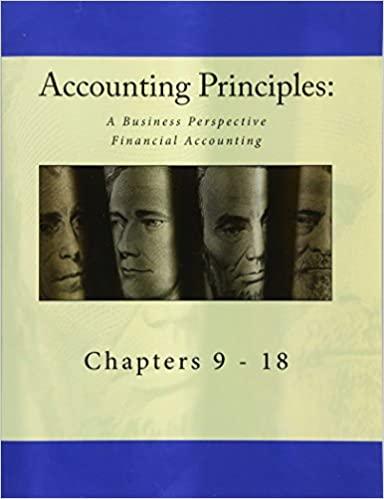Answered step by step
Verified Expert Solution
Question
1 Approved Answer
profit nor incurs loss. In other words, at the break-even point, revenue equals total costs. Or Or Or 6.3.1 Marginal Cost Equation Revenue - Variable

profit nor incurs loss. In other words, at the break-even point, revenue equals total costs. Or Or Or 6.3.1 Marginal Cost Equation Revenue - Variable costs - Fixed costs = Operating income S-V-FEP S-V=F+P-C Where S = revenue, V = total variable cost. C = total contribution F = total fixed cost 6.3.2 Contribution/Sales Ratio (CS Ratio) CS = Total contribution/Total turnover x 100 (S-VYS x 100 or (F+PyS x 100 The CIS ratio represents the percentage of sales, which contributes towards fixed costs and operating profit. CVP analysis assumes that CIS ratio does not change with changes in output or sales volumes. It is also termed as Profit Volume ratio or PV ratio, 6.3.3 Break-even Sales In determining break-even sales, we need to know (a) Fixed costs and (b) Contribution per unit or the CIS ratio. At break-even point (BEP), total contribution equals fixed costs. Therefore, BEP in terms of unit is calculated by dividing total fixed costs by contribution per unit. BEP in terms of sales value is calculated by dividing total fixed costs by the CIS ratio. Example 6.1: The following information is available from the annual budget of a company manufacturing only one item. Budgeted output and sales 5000 units Budgeted selling price per unit Rs. 40 Budgeted cost per unit: Material Direct labour Rs. 5 t27 Rs. 15 128 Variable overhead Rs. 10 Fixed cost per unit Rs. 5 (35) Budgeted profit per unit Rs. 5 Calculate the break-even point both in terms of the number of units and sales value
Step by Step Solution
There are 3 Steps involved in it
Step: 1

Get Instant Access to Expert-Tailored Solutions
See step-by-step solutions with expert insights and AI powered tools for academic success
Step: 2

Step: 3

Ace Your Homework with AI
Get the answers you need in no time with our AI-driven, step-by-step assistance
Get Started


